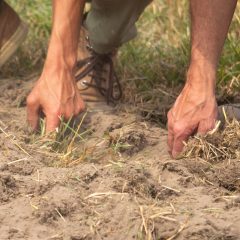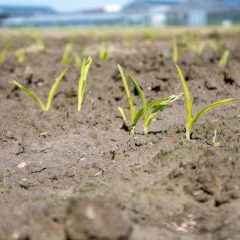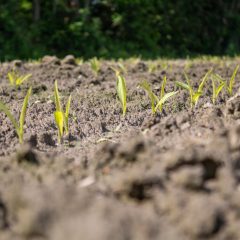Research project Monitoring, reporting and verifying carbon and greenhouse gas balances in European soils
Developing and testing a framework for the design of harmonized, context-specific Monitoring, Reporting and Verification systems for soil Carbon and greenhouse gas balances by Agricultural activities
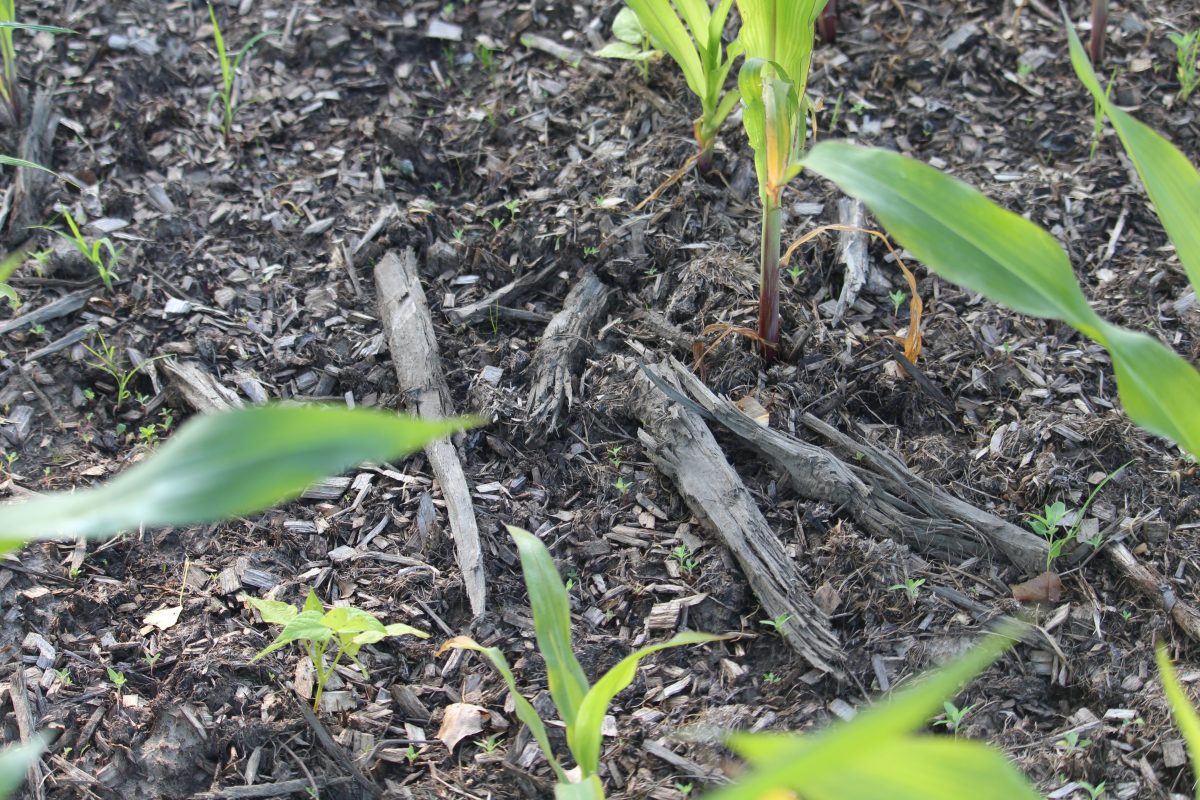
Contact our expert
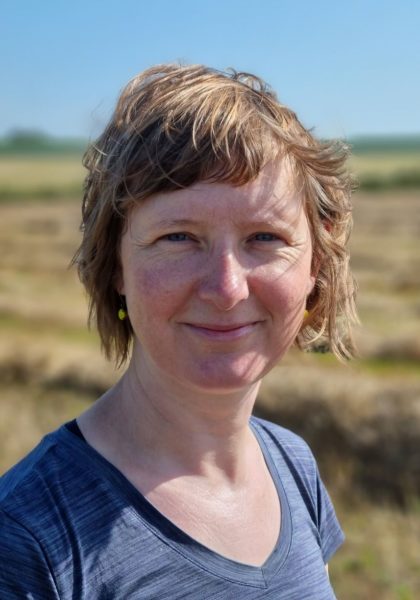
Greet Ruysschaert
Bodemexpert
General introduction
How can we properly and efficiently monitor, report and verify changes in carbon stocks in European soils (and in woody biomass), as well as greenhouse gas emissions from soils? The main goal of MARVIC, an EU Soil Mission project coordinated by ILVO, is to develop and test a framework for the design of harmonized, context-specific monitoring, reporting and verification (MRV) systems for assessing carbon stock changes in soils and woody biomass and soil GHG emissions. The MRV Framework should provide, to any public or private CF scheme developer in Europe, a standardized approach for designing MRV systems that (i) are in line with the EU carbon removal certification regulation, (ii) have an optimal trade-off between costs and accuracy of the measured or modelled result, and (iii) consider risks of non-permanence by changing land management and natural/human disturbances such as climate change. The MRV Framework should allow the application of different TIER levels depending on the type of scheme and purpose (e.g., CAP, private market), allow adaptation of the MRV system to the desired geographical coverage, data availability and infrastructure and be attractive for land managers in terms of administrative and financial burden.
Research approach
The MARVIC project will focus on four land uses, being arable land on mineral soils, permanent grasslands on mineral soils, managed peatlands and woody crops/agroforestry. Developing a robust and cost-effective MRV system with limited administrative burden, requires the smart combination of different kinds of data sources (e.g., farm data, maps, statistics, remote sensing data) and plant and soil models. These data and models are the building blocks that need to be assembled in operational processing chains. The project will improve and optimize the different building blocks (e.g. soil sampling strategies, estimating model accuracy, assimilation of remote sensing data with crop models) and will investigate the different options to assemble them in operational processing chain for robust quantification of carbon removals. These options will be tested in 12 European countries. In Flanders we focus on arable land and agroforestry.
Relevance/Valorization
MARVIC supports the EU Carbon Removal Certification regulation that is being established to scale up carbon removal activities and fight greenwashing by setting out QU.A.L.ITY criteria to define high-quality carbon removals and the process to monitor, report and verify the authenticity of these removals. MARVIC especially focuses on methods and standards for reliable QUantification of the carbon removals.
Financing
EU Horizon Europe
 ELK
ELK
